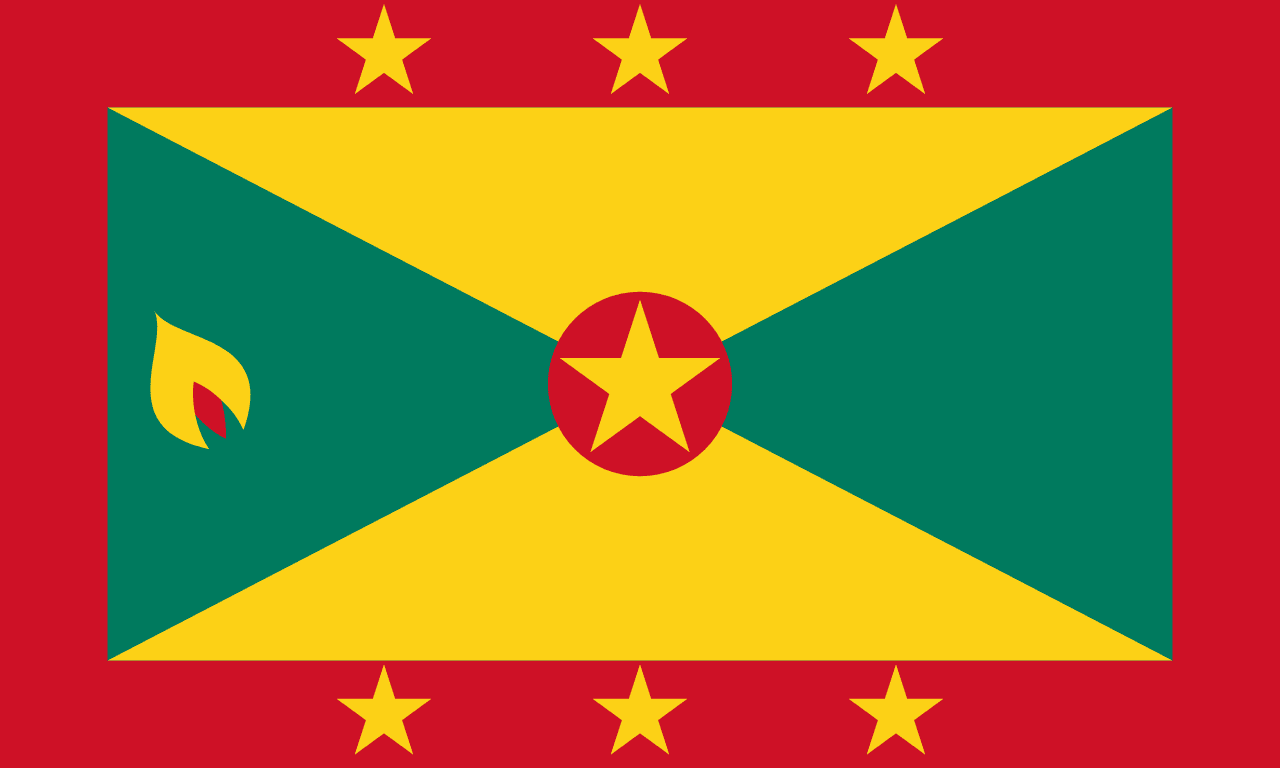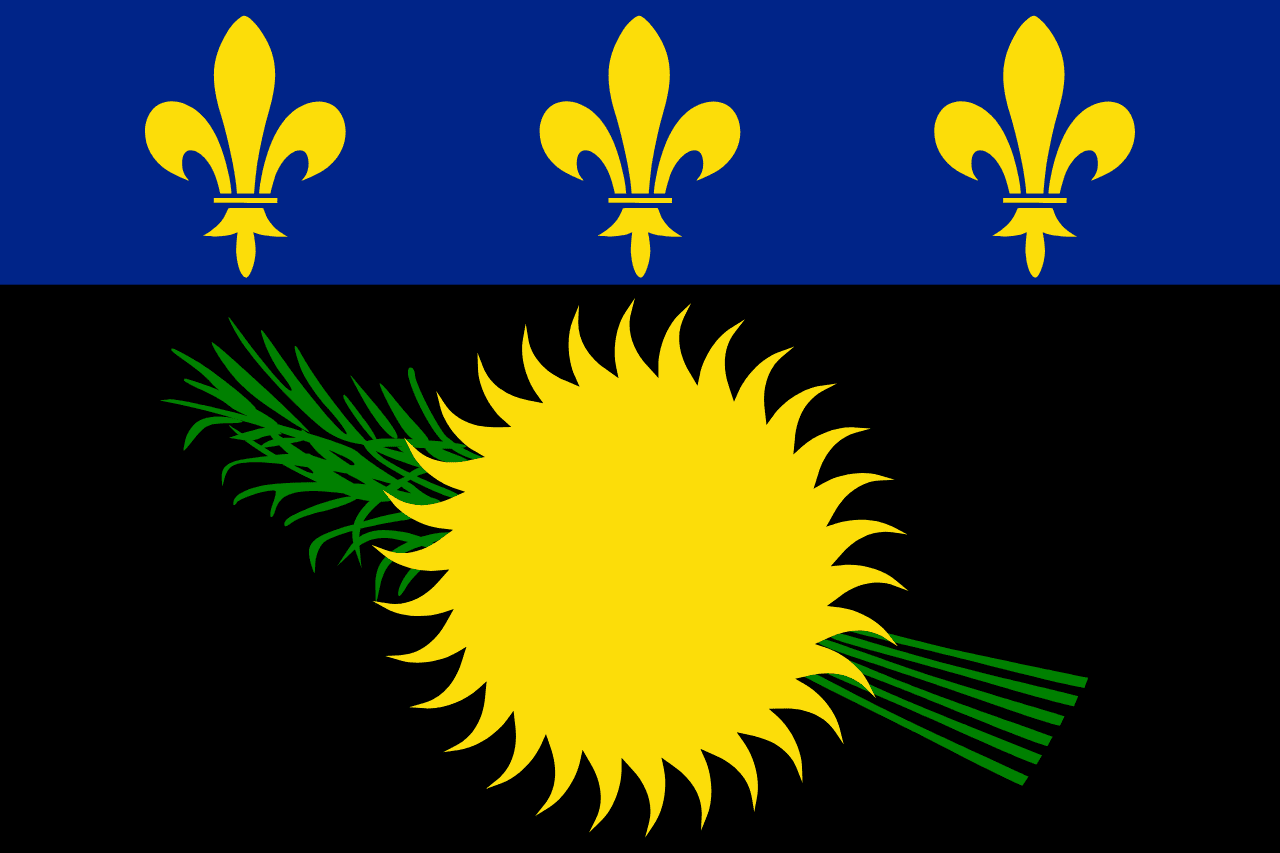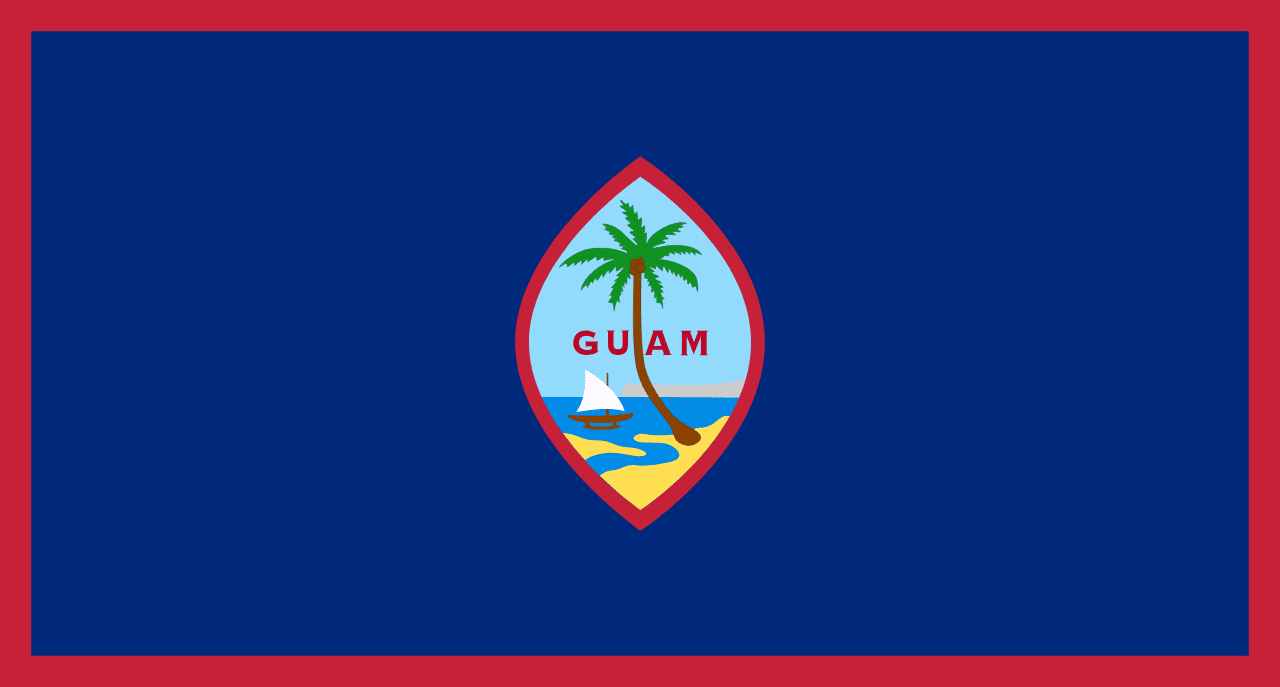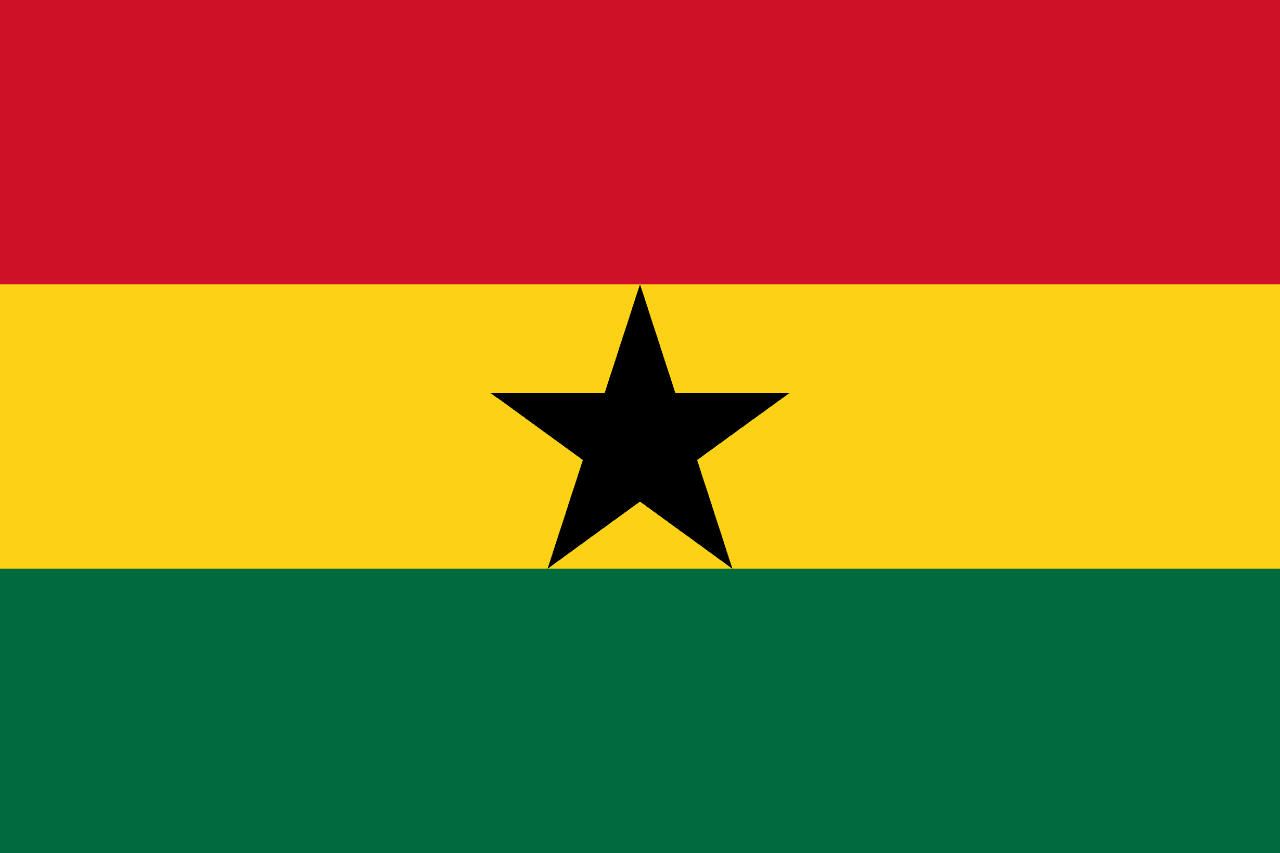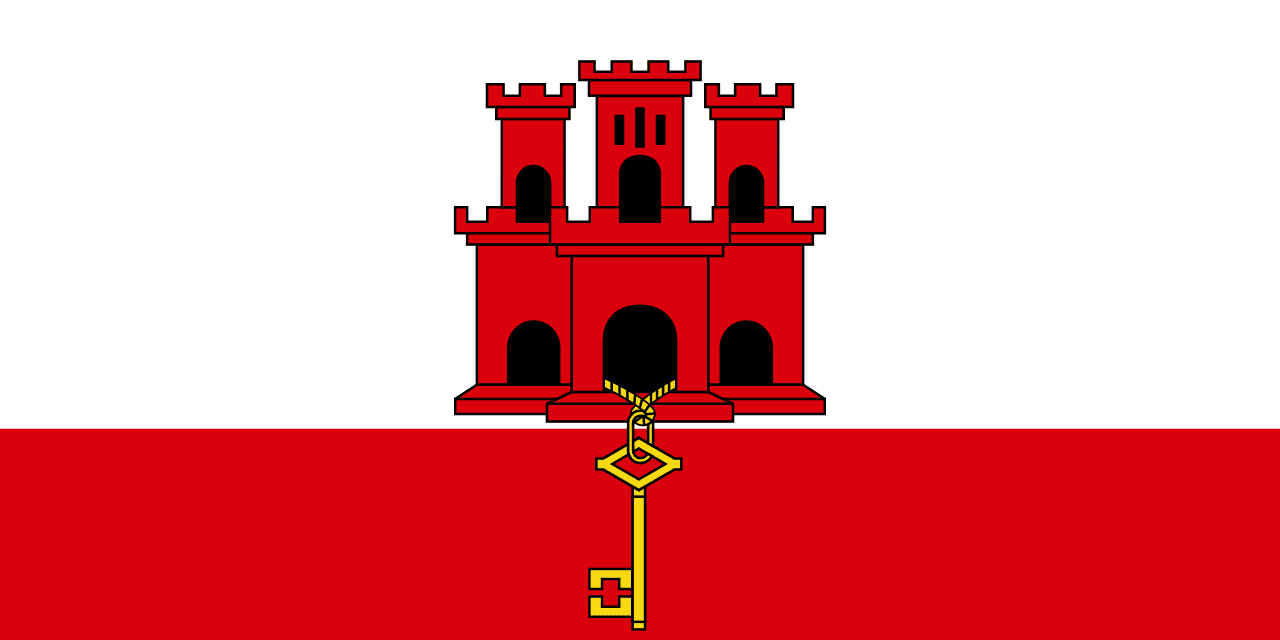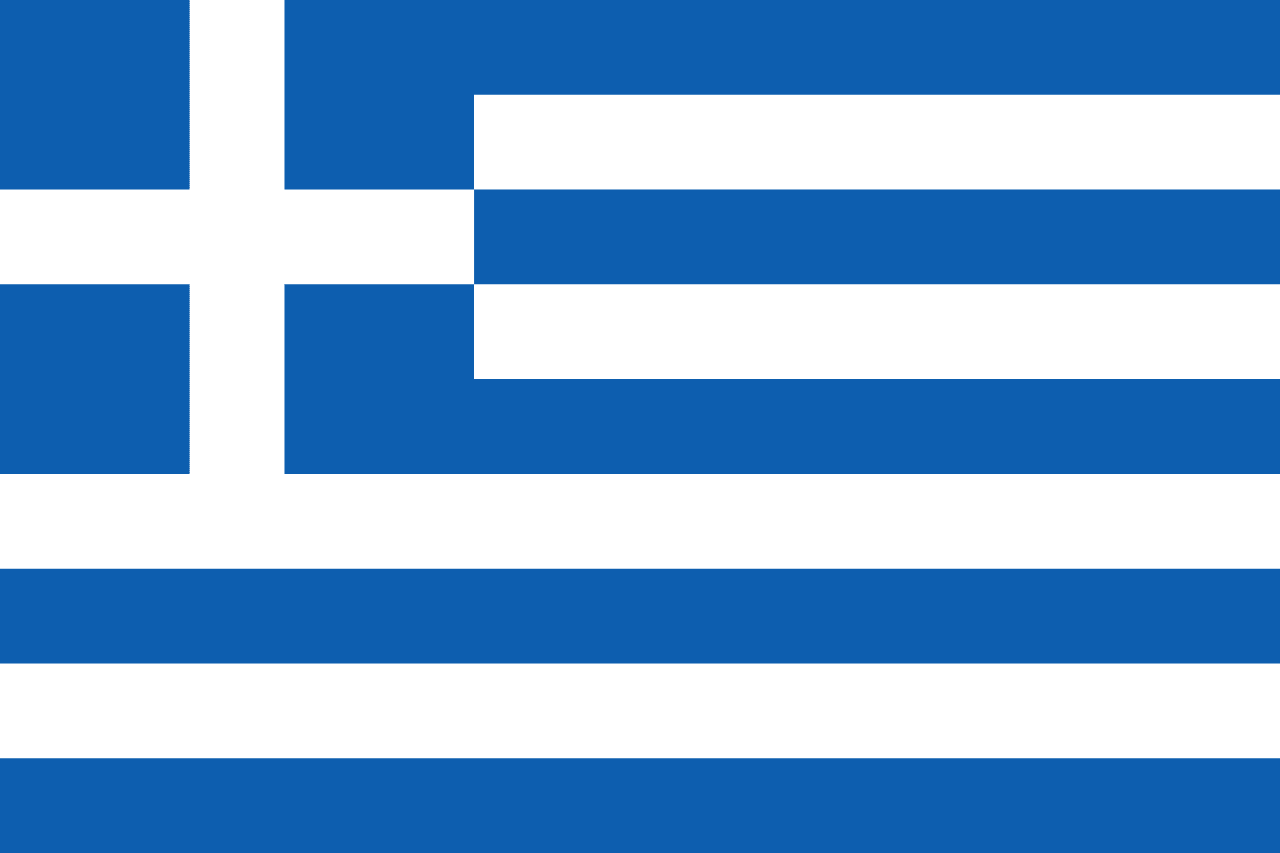The flag of Greenland consists of two horizontal stripes of white and red, with a large red circle slightly to the hoist side, intersected by the boundary between the stripes. This unique and striking design, known as "Erfalasorput" (Our Flag) in Greenlandic, symbolizes the island's natural beauty, cultural identity, and relationship with Denmark.
Greenland information
| National Flag Day | June 21 |
| Sovereign state | No (Autonomous territory within the Kingdom of Denmark) |
| Official name | Greenland |
| Capital | Nuuk |
| Population | 56,081 |
| Area | 2,166,086 km² |
| Currency | Danish krone (DKK) |
| Language | Greenlandic, Danish |
| Continent | North America |
| Region | Nordic countries |
| Subregion | — |
| Borders | — |
| Timezone | Western Greenland Time (WGT) UTC-3, Eastern Greenland Time (EGT) UTC-1 |
| Calling code | +299 |
| Top-level domain | .gl |
History of the Greenland flag
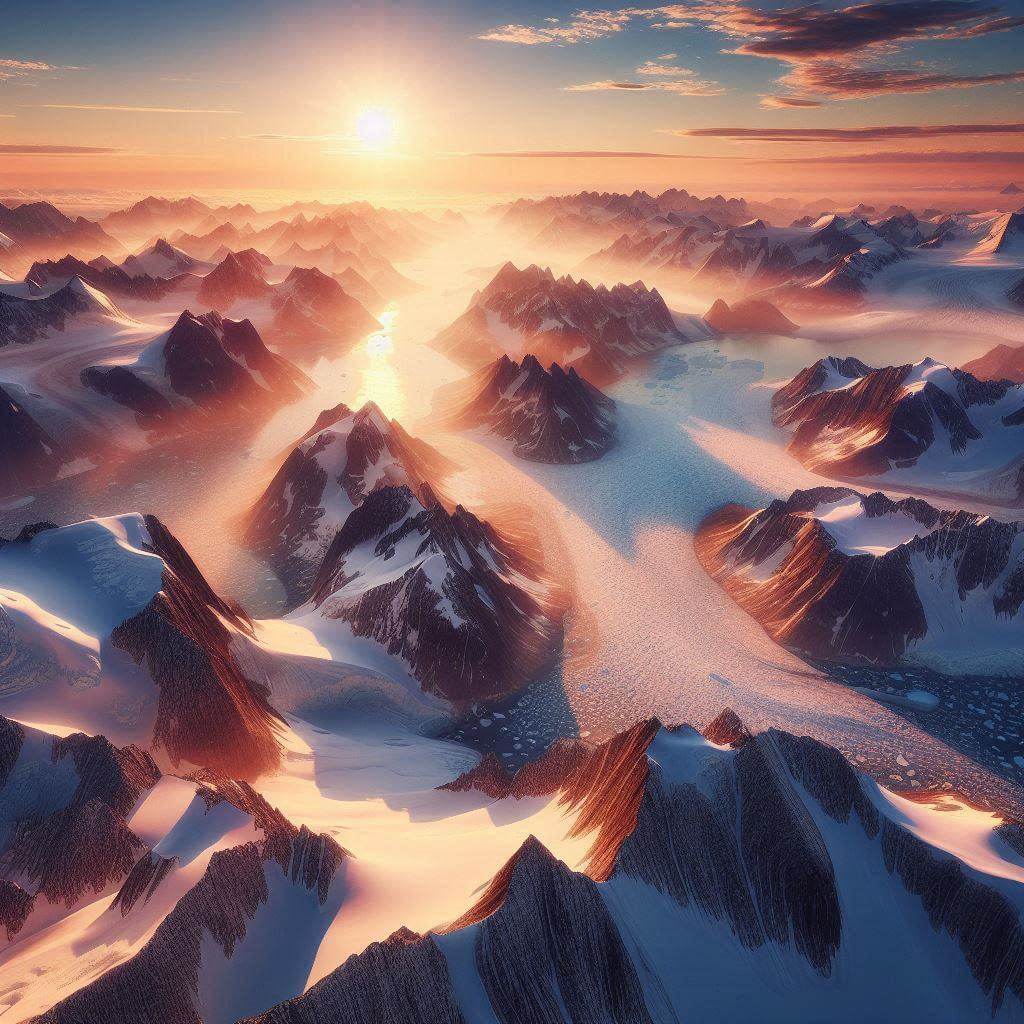 The Greenland flag was officially adopted on June 21, 1985, coinciding with the 200th anniversary of the first European settlement on the island. Its creation was the result of a public design competition held in 1980, with the winning design submitted by Thue Christiansen, a Greenlandic artist and politician.
The Greenland flag was officially adopted on June 21, 1985, coinciding with the 200th anniversary of the first European settlement on the island. Its creation was the result of a public design competition held in 1980, with the winning design submitted by Thue Christiansen, a Greenlandic artist and politician.
Prior to 1985, Greenland, as part of the Kingdom of Denmark, used the Danish flag. The adoption of its own flag marked a significant step in Greenland's journey towards greater autonomy and recognition of its distinct cultural identity within the Danish realm.
Symbolism and design of the Greenland flag
The Greenland flag's design is rich in symbolism, reflecting the island's unique geography, culture, and relationship with nature:
- White Stripe: Represents the vast ice sheet that covers much of Greenland's interior, as well as the snow and glaciers that dominate the landscape. It symbolizes the purity of the Arctic environment.
- Red Stripe: Symbolizes the ocean that surrounds Greenland, which plays a crucial role in the life and economy of the island. It also represents the fjords that cut into Greenland's coastline.
- Red Circle: Represents the sun, which is central to life in the Arctic. Its position, half in the white stripe and half in the red, symbolizes the sun's reflection on the ice and sea, creating a visual representation of Greenland's yin and yang.
Usage and significance of the Greenland flag
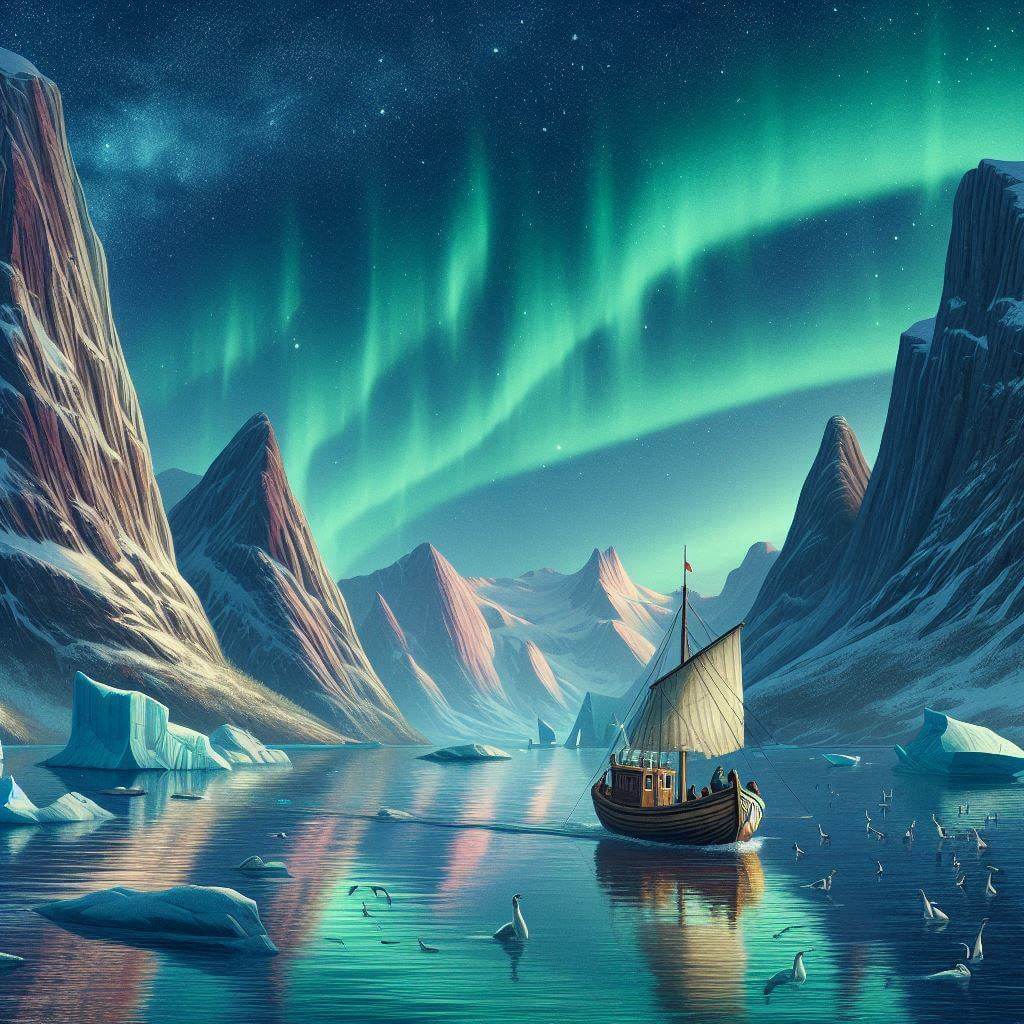 The Greenland flag is a symbol of cultural pride and identity for the Greenlandic people. It is displayed on official buildings, during national celebrations, and at events that highlight Greenlandic heritage and traditions. The flag is particularly prominent on National Day (June 21), which coincides with the summer solstice and the flag's adoption date.
The Greenland flag is a symbol of cultural pride and identity for the Greenlandic people. It is displayed on official buildings, during national celebrations, and at events that highlight Greenlandic heritage and traditions. The flag is particularly prominent on National Day (June 21), which coincides with the summer solstice and the flag's adoption date.
Internationally, the flag represents Greenland in various forums, including Arctic cooperation meetings and sports events. It serves as a visual reminder of Greenland's unique position as a self-governing territory within the Kingdom of Denmark, with its own distinct culture and aspirations.
Interesting facts about the Greenland flag
- Greenland is the world's largest island, with an area of over 2.1 million square kilometers, most of which is covered by an ice sheet.
- The flag's design breaks from the Nordic cross pattern common in Scandinavian flags, highlighting Greenland's distinct identity.
- The red and white colors of the flag are the same as those used in the Danish flag, reflecting Greenland's historical and ongoing relationship with Denmark.
- The flag is one of the few national or territorial flags that does not feature the color blue, despite Greenland's extensive coastline and maritime heritage.
- In Greenlandic culture, the flag is sometimes referred to as "Saammat" (the Bright One), emphasizing its representation of light and the sun in the Arctic landscape.
- The flag's designer, Thue Christiansen, was inspired by the sight of the sun sinking into the ocean, creating a circle of light on the horizon.
The Greenland flag, with its simple yet profound design, serves as a powerful emblem of Greenlandic identity, natural beauty, and the unique relationship between the people and their Arctic environment. It stands as a symbol of Greenland's growing autonomy and its distinctive place in the world.
